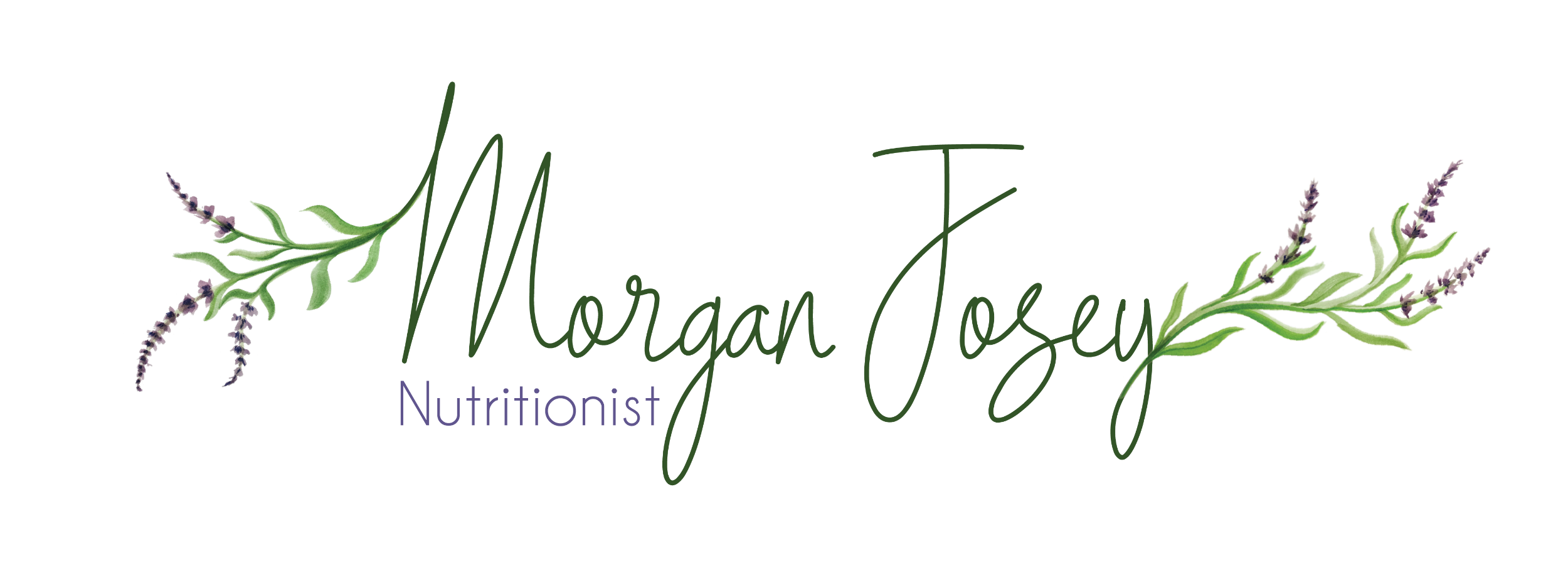Nutrients beneficial effects on Mental Health Symptoms
Thank you for reading another of my Bite Size Blogs. I am hoping I can condense this huge topic into a bite size chunk for you to digest!
So as a start, can I just say DO NOT UNDERESTIMATE NUTRITION in any aspect of your health, nutrients power your body.
Obviously, nutrition and diet are also not trivial in treating mental health conditions. I am excited to see significant evidence emerging in support of nutrients as a treatment in individuals suffering from mood and anxiety problems.
Deficiency of both macro and micro nutrients has been linked with increased behavioural problems, and nutrient supplementation has proven effective in treatment of certain neuropsychiatric disorders (1). The studies I reviewed for this blog look at the effects of nutrients on the symptom reduction in ADHD, Autism, Anxiety, Depression, PTSD and PMDD.
I can say that on a personal level, I use a combination of supplemental nutrients in treating my sons Autism related symptoms, with dramatic differences in his behaviour, alongside therapies. I am a big supporter of diet, lifestyle, nutrients, and therapies well before drug interventions. Luckily, our efforts have worked well in my sons’ case.
You can probably understand that a well-nourished body and brain would be better capable to respond to stress and illness.
So, why supplemental nutrients? Why can’t I just eat better? Well, enhancing diet quality is important and incredibly beneficial in all health aspects, including mental health (4). Although, dietary changes alone may not be enough in some individuals. When an individual’s biochemistry is not working optimally, they may need significantly more nutrients then someone with a normally functioning biochemistry would need. It’s not just about correcting deficiencies, it directly relates to their biochemical make-up, and their gut absorption ability and bacterial composition (microbiome) (4, 5, 8). Other studies have looked at the benefits of dietary changes in addition to supplemental use and found additional benefits (2).
The studies I reviewed are using large nutrient doses and seeing up to 80% of participants responding to these doses. Some of the nutrients being used are EPA/DHA, B12, Vit D, B6, Copper, Iron, Zinc, Selenium, Vit E & Probiotics. The studies suggest broad-spectrum large dose nutrients may be more effective than a selected few individual nutrients (3). Because these doses are significant and higher than what you would find on a pharmacy shelf (10), you would need to be monitored by your Nutritionist.
Hopefully, this gives you a quick insight into how nutrients can be helpful in treating some mental health conditions.
If you would like to read on further, I have added the links to the research articles referenced.
I would love to read your comments.
1. https://www.tandfonline.com/doi/full/10.1080/1028415X.2017.1331524?src=recsys
2. https://www.tandfonline.com/doi/full/10.1080/1028415X.2017.1411320?src=recsys
3. https://doi.org/10.1080/14737175.2020.1740595
4. https://www.tandfonline.com/doi/full/10.1080/1028415X.2018.1493808?src=recsys
5. https://www.nature.com/articles/s41598-020-58141-0
6. https://www.liebertpub.com/doi/abs/10.1089/acm.2019.0305
7. https://www.mentalhealthexcellence.org/wp-content/uploads/2019/07/Microbiome-Rucklidge-2019.pdf
8. https://blogs.canterbury.ac.nz/science/2019/08/03/microbiome/
9. https://journals.plos.org/plosone/article?id=10.1371/journal.pone.0183509
10. https://www.thescienceofpsychotherapy.com/are-we-at-a-tipping-point/
